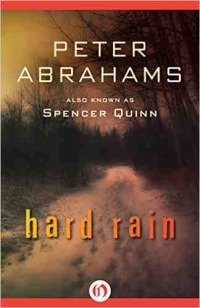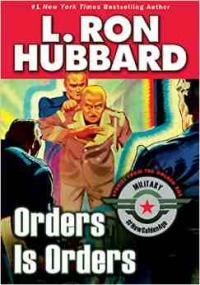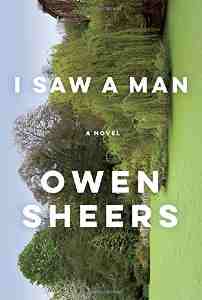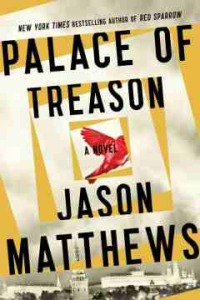Scents and Sensibility by Spencer Quinn
 Wednesday, July 22, 2015 at 10:04AM
Wednesday, July 22, 2015 at 10:04AM 
Published by Atria Books on July 14, 2015
A saguaro cactus in the yard of Bernie Little's elderly neighbor, Daniel Parsons, brings the cactus police. Chet, who enjoys marking the cactus, is always happy to see Parsons' dog, Iggy. Chet, of course, is Bernie's dog and a partner in the Little Detective Agency.
The cactus cop has a puppy named Shooter. The puppy (not yet named) appeared in an earlier Chet and Bernie novel. He bears a suspicious resemblance to Chet and has some of Chet's mannerisms. If Chet has a secret, he isn't telling. Actually, he's probably forgotten. Chet forgets almost everything except interesting smells, people he likes (a rather large collection), and favorite foods (an even larger collection that begins with Slim Jims).
The stolen cactus was a gift from Parson's son, who is perhaps not the most honest person in California. Wanting to keep his neighbor out of trouble, Bernie begins a cactus investigation that soon turns into a murder investigation. Of course, he works for free, Chet being the only one on the team who worries about money -- although Chet never worries for long, being easily distracted by chew toys and sandwiches.
With Iggy and/or Shooter so often in the picture, Chet is a bit jealous, although he doesn't think of it that way. Like all dogs, he has no desire to share affection and contrives to nudge the smaller dogs out of the way if Bernie tries to scratch their ears. Chet's running commentary on the mysterious things that humans say and do is the reason these novels are never disappointing.
As to the plot -- Chet has harrowing adventures that are more worrisome than is common in a Chet and Bernie novel. It's funny how when someone threatens Bernie or bashes him on the head I don't much care, but I always worry about Chet. Fortunately, Chet can take care of himself, and Shooter is a chip off the old Chet.
I noticed some puzzling reviews on Amazon that complain about the darkness of this novel. This is a thriller, after all, but most of the story is written with Spencer Quinn's usual good humor and light touch. There are certainly no graphic descriptions of animal abuse. Things are a little rough for Chet and Bernie and the cliffhanger ending departs from other Chet and Bernie novels, but life isn't always sunny and I think it is fair for fiction to reflect that. Scents and Sensibility allows readers to escape to a happier world even if the ending forces them to stay in touch with reality. In fact, I think it's one of the better books in the series.
RECOMMENDED



